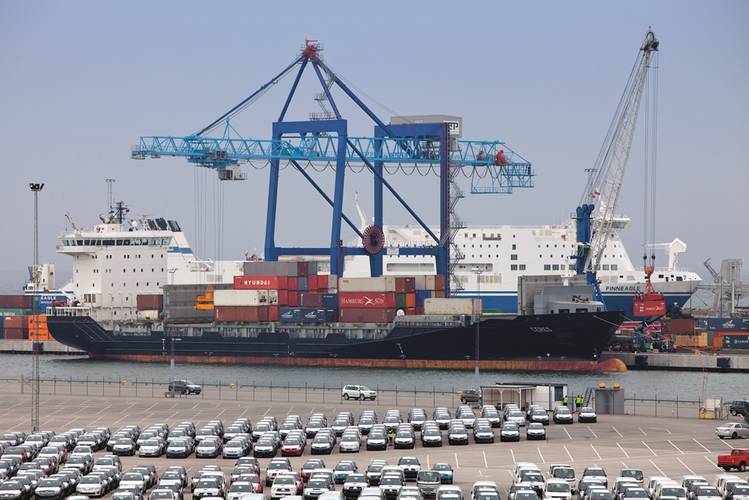The EU has an overall competitive regime in place for fiscal and social measures as well as quality registers and a strong skills base. This combination supports the current status of the EU as an attractive location for shipping activities. To develop further growth in European shipping, the EU however needs to adapt this framework into a comprehensive, globally oriented shipping policy that aims to improve the EU’s competitiveness as a location for international shipping.
That is the principal conclusion from a study by Monitor Deloitte that benchmarks the overall EU policy framework for shipping with policies of five international shipping centers. The study was commissioned by ECSA as input for the ongoing review of EU shipping policy, which started in 2015 with a mid-term review of the 2009-2018 Maritime Transport Strategy. The results of the study were presented this afternoon at a press conference held in the context of European Shipping Week.
“The study demonstrates that successful shipping centers combine investment in an attractive business climate with investment in quality and skills,” said ECSA President Niels Smedegaard, “It is encouraging to see that the EU is in a good position and does not need a dramatic policy change. But global competition is fierce and we cannot take our position for granted. The study shows there are a number of policy gaps that should be addressed, firstly to maintain and then to enhance even further the competitive position of the EU. We have a unique momentum to do so now with the EU maritime year. We therefore offer this study as a basis for discussion on the EU shipping strategy for the next decade.”
The Monitor Deloitte study confirms that the maritime state aid guidelines form an essential part of the EU policy framework. “Legal certainty in the continuity of the guidelines is paramount”, said Niels Smedegaard, “The guidelines are inherently flexible in nature and should therefore in their current format already allow for new growth opportunities of the maritime cluster and more competitiveness.”
A globally-oriented EU shipping policy also involves the trade dimension. The Monitor Deloitte study recognizes that the EU plays a very positive role in supporting bilateral and multilateral free trade agreements as well as in promoting individual market access cases. “We need a more structured EU external shipping policy to capitalize on this positive role, similar to the one existing for aviation. With protectionism on the rise worldwide, Europe should remain a champion of free trade”, concluded Niels Smedegaard. To underline this message, ECSA also published today a series of recommendations for an EU external shipping policy.
The Monitor Deloitte study compares the overall EU policy framework for shipping with policies of Singapore, Hong Kong, Dubai, Shanghai and Vancouver. The benchmark exercise is based on eight criteria: taxation and fiscal incentives, availability of professional services, regulatory, economic and political factors, skills, flag attractiveness, ease of doing business, legal framework for vessel exploitation and availability of finance.














